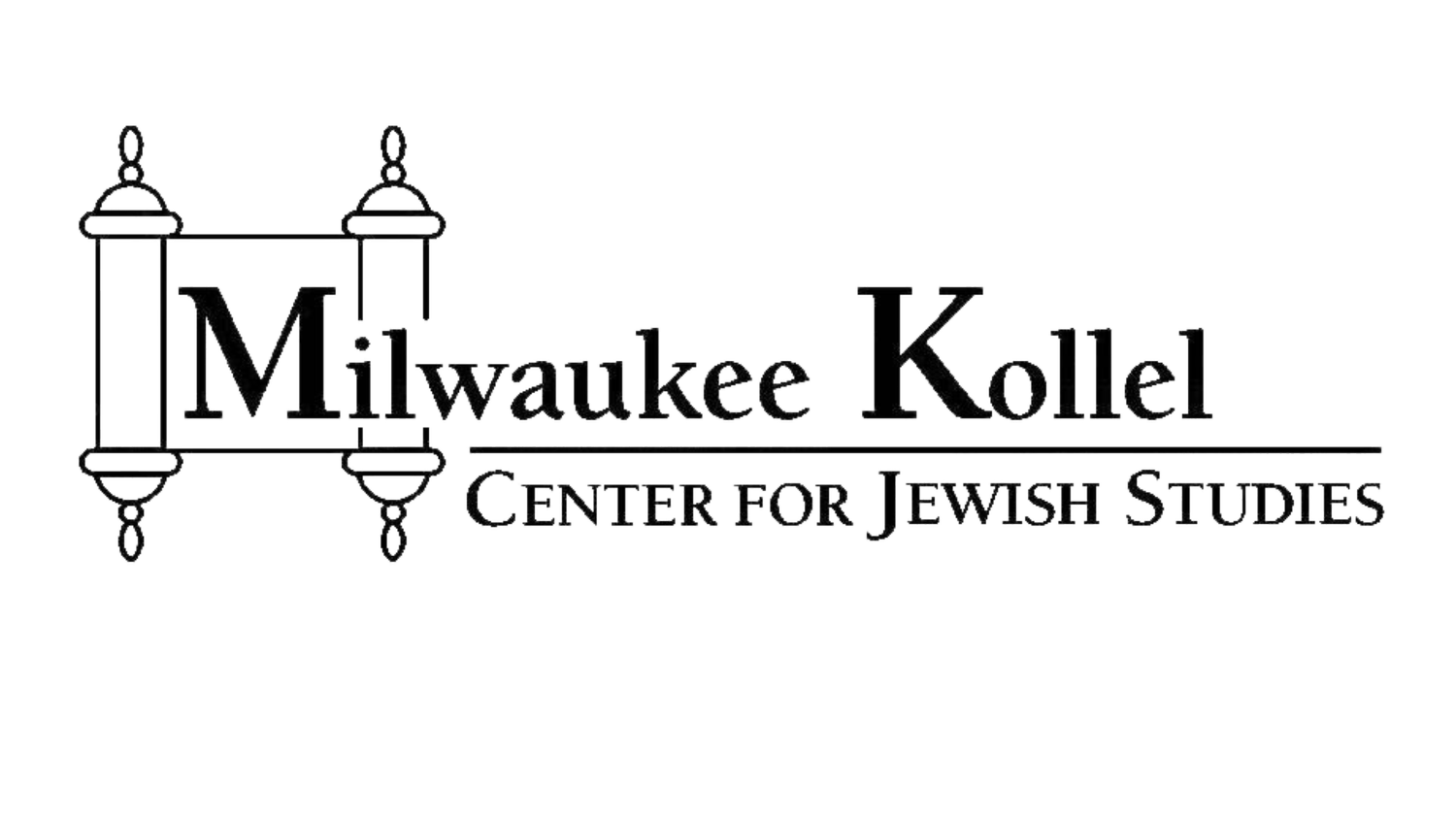Parshas Shemos: Becoming Moshe Rabbeinu
Rabbi Hillel Brody
And it was in those days, Moshe grew up and he went out amongst his brothers, and he saw their labors…
רש’’י – וירא בסבלתם. נָתַן עֵינָיו וְלִבּוֹ לִהְיוֹת מֵצֵר עֲלֵיהֶם
Rashi - And he saw their labors — (this means) he set his eyes and heart to feel distress over them.
Moshe, living in the lap of luxury and power in the house of Pharaoh, still felt connected to his people. He was aware the Jews were his brothers, and he was aware that they were suffering in slavery. Why did he need to go out amongst them?
The Alter of Kelm, one of the early masters of the Mussar Movement, explains that Moshe knew intellectually that the Jews were suffering, but he wasn’t satisfied with that. He felt it important to go and see for himself, so that he could truly feel their pain. And even seeing wasn’t enough; he needed to focus, to “give his heart” to feel their pain. Giving his heart meant that he needed to internalize what they were going through, in order to truly feel their pain.
The Alter tells us that this is the ultimate level of connecting to another person, to be נושא בעול עם חברו, to bear his friend’s burden. Achieving this taps into the spiritual truth, that we, the entirety of the Jewish People, are part of one whole. When we truly empathize, we achieve true unity with the other person; his pain is truly my pain.
Moshe continued to work on mastering the art of feeling another’s pain. The Medrash describes Moshe the shepherd as chasing after a single young sheep which had run away from the flock. When he caught up to it, he saw the lamb was drinking from a pool of water. Moshe said to the sheep, “I see you were just so very thirsty, and that’s why you ran off. And now, you must be exhausted.” Moshe proceeded to carry the lamb all the way back to the flock.
The Alter explains that Moshe’s little monologue was not really for the sheep’s sake. Moshe was continuing to develop his empathy, even for an animal. And that, says the Alter, was the reason why Moshe was chosen as the redeemer and leader of the Jewish People. Moshe became a master of empathy. With that, he became deeply connected to every single member of the Jewish People. With that, he could be Moshe Rabbeinu.
These lessons from Moshe are so incredibly relevant today. We all know that our brothers and sisters in Eretz Yisroel are suffering. We pray every day for the hostages, for the injured, for the soldiers, for the displaced, and for all of their families. It is not always easy; sometimes you really feel it deeply and, if you’re like me, sometimes you have trouble mustering the true kavana with which you want to pray. On his level, Moshe Rabeinu had the same problem. He knew his people were suffering, but he wanted to feel it. His solution was to give his eyes and his heart. He focused on the suffering of his people. He spent time concentrating on feeling their pain.
There are many ways to accomplish this, and everyone must look into their own heart and decide what they need to do to internalize the suffering of our people. What is vital is that we don’t remain passive in our feelings. If we actively seek ways to internalize, to imagine and then to feel, what our nation is going through, we will have connected to them more deeply. And who knows what can happen when Klal Yisroel is more strongly unified?
